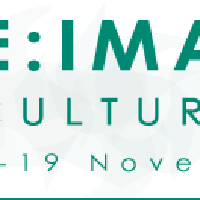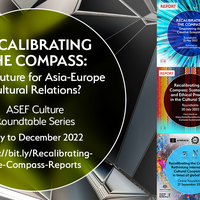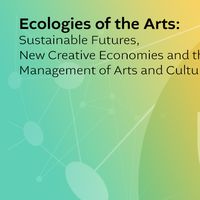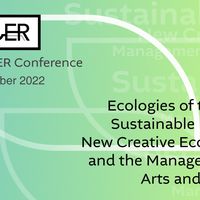Re-Imagining Cultural Space conference
 Intercult in Stockholm explores questions crucial to sustaining adaptable arts and culture spaces in the 21st century through this European conference.
A post-institutional approach is at the core of the programme. Where will art meet audience in the future?
Artists, curators and producers have shifted focus towards more flexible spaces in recent years. Mobility, community and social engagement determine emerging forms of organization and aesthetics. Offering a sound alternative to existing cultural institutions, emerging spaces range from temporary use (public installations and mobile stages) to cultural re-cycling of post-industrial space. They are operated collectively, often with no presentation venues of their own: clubbing, community art, and artist-led galleries.
Institutions created during the 20th century share basic ideas: accessibility, popular education and affirmation of national identity. Independent cultural organisations continuously adapt and challenge these fundamental values. How can a diverse cultural ecology be ensured?
The conference will investigate changing policies to encourage and support flexible initiatives that mirror current European artistic practice.
The conference gathers producers, directors, curators, artists, civil servants and policymakers.
The programme is built on two themes :
Intercult in Stockholm explores questions crucial to sustaining adaptable arts and culture spaces in the 21st century through this European conference.
A post-institutional approach is at the core of the programme. Where will art meet audience in the future?
Artists, curators and producers have shifted focus towards more flexible spaces in recent years. Mobility, community and social engagement determine emerging forms of organization and aesthetics. Offering a sound alternative to existing cultural institutions, emerging spaces range from temporary use (public installations and mobile stages) to cultural re-cycling of post-industrial space. They are operated collectively, often with no presentation venues of their own: clubbing, community art, and artist-led galleries.
Institutions created during the 20th century share basic ideas: accessibility, popular education and affirmation of national identity. Independent cultural organisations continuously adapt and challenge these fundamental values. How can a diverse cultural ecology be ensured?
The conference will investigate changing policies to encourage and support flexible initiatives that mirror current European artistic practice.
The conference gathers producers, directors, curators, artists, civil servants and policymakers.
The programme is built on two themes :
- “Innovative Spaces for Art – mapping current practice in Europe”
- “Sustainable policies for flexible spaces and artistic structures”
Similar content
from - to
17 Nov 2010 - 19 Nov 2010
from - to
29 Jun 2021 - 29 Jun 2021
from - to
02 Dec 2022 - 04 Dec 2022






